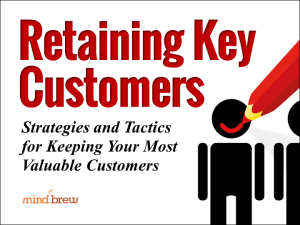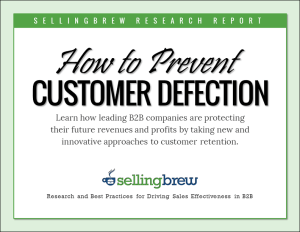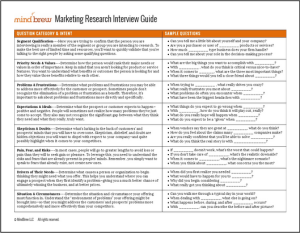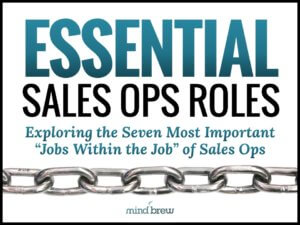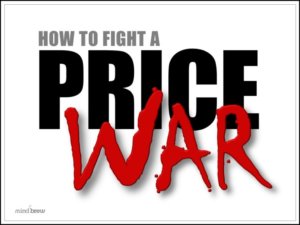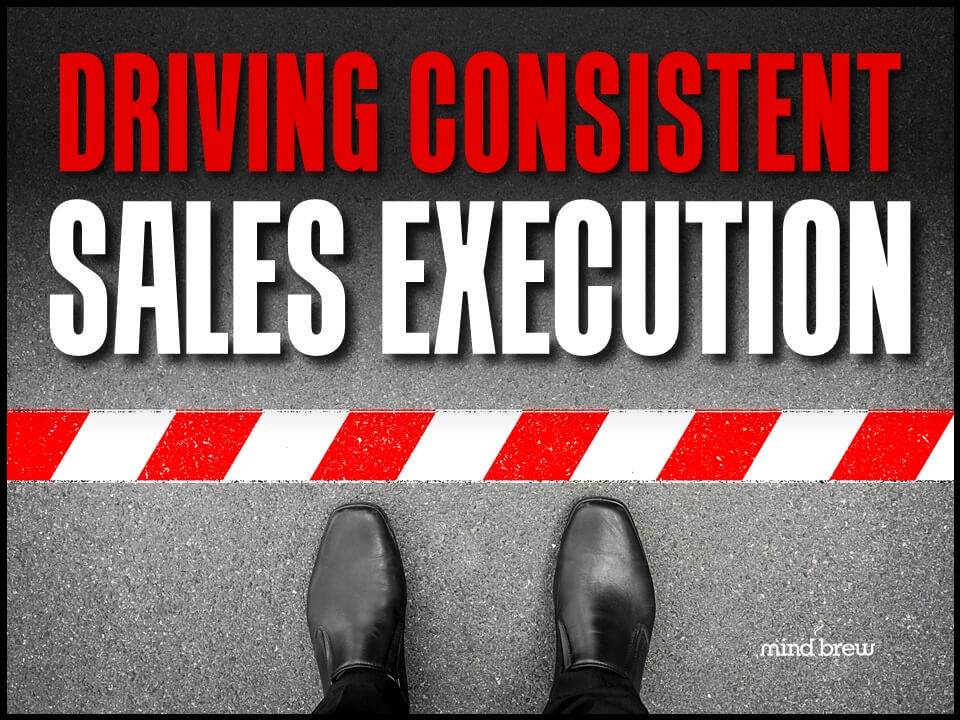In the early days of the pandemic we saw a lot of quotes meant to inspire business leaders in our social media feeds. Some examples:
When written in Chinese, the word ‘crisis’ is composed of two characters. One represents danger and the other represents opportunity. — John F. Kennedy
I am a firm believer in the people. If given the truth, they can be depended upon to meet any national crisis. — Abraham Lincoln
But one of our favorites comes from someone a little less well known — former HHS secretary Michael Leavitt. He said, “Everything we do before a pandemic will seem alarmist. Everything we do after will seem inadequate.”
Of course, Leavitt was talking about public health preparations, but the idea also applies to customer retention.
You see, in “normal” times, salespeople never pay as much attention as they should to customer retention. It’s just in their nature to focus on landing the next new customer rather than on maintaining what they already have. If sales ops tells them to focus on retention, they think we’re being alarmists.
But when a customer starts to defect, those salespeople often panic. They haven’t done even the minor preparation necessary to deal with this miniature crisis. So offering price concessions is an easy solution to keep the customer happy.
That means you have no choice but to focus on retention right now. But, to steal an idea from JFK, these miniature crises are also opportunities. Instead of relying on price concessions to keep everyone happy, reexamine the five dimensions of value and consider how you can do a better job of meeting your customers’ needs in each of these key areas:
- Product — What changes can you make to packaging, quality, configurations, etc. to help your customers?
- Service — Can additional support, training, fulfillment options, return policies, etc. help facilitate customers’ decisions to continue purchasing from you?
- Your Company — Does your company have other knowledge, partnerships, relationships, or resources that can be brought to bear that would make it look foolish to buy from someone else?
- Your Terms — Can different payment terms, credit policies, contracts, warranties help your customers weather difficulties?
- Your Operations — Can your company’s response times, scalability, integrations, etc. make you stand out against the competition?
And of course, you also need to make sure that you are communicating your value to customers effectively.
To learn more about customer retention, check out How to Retain Your Key Customers, How to Prevent Customer Defection, and Identifying Value Along Five Dimensions.
And remember, it’s often better to be something of an alarmist when it comes to customer retention than to do too little.

